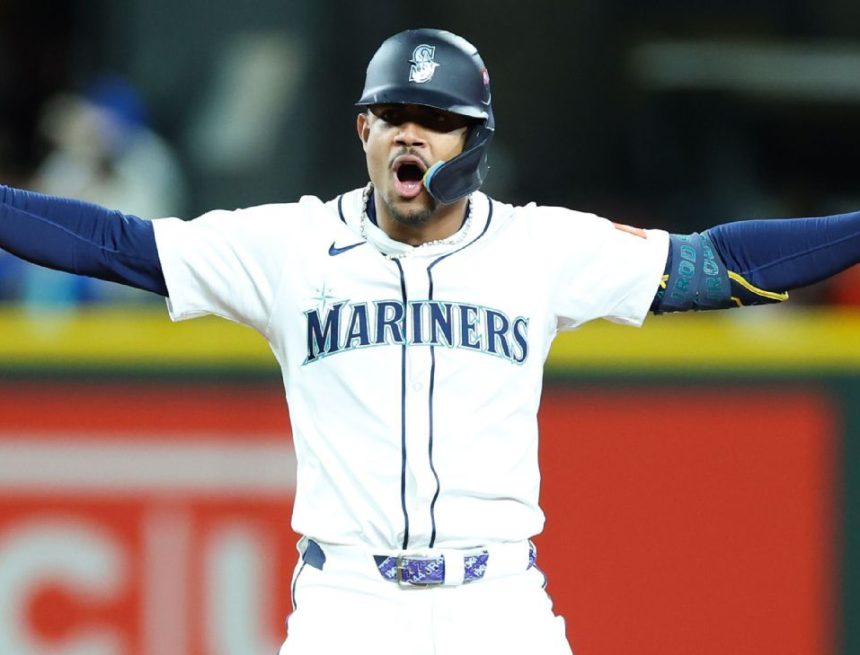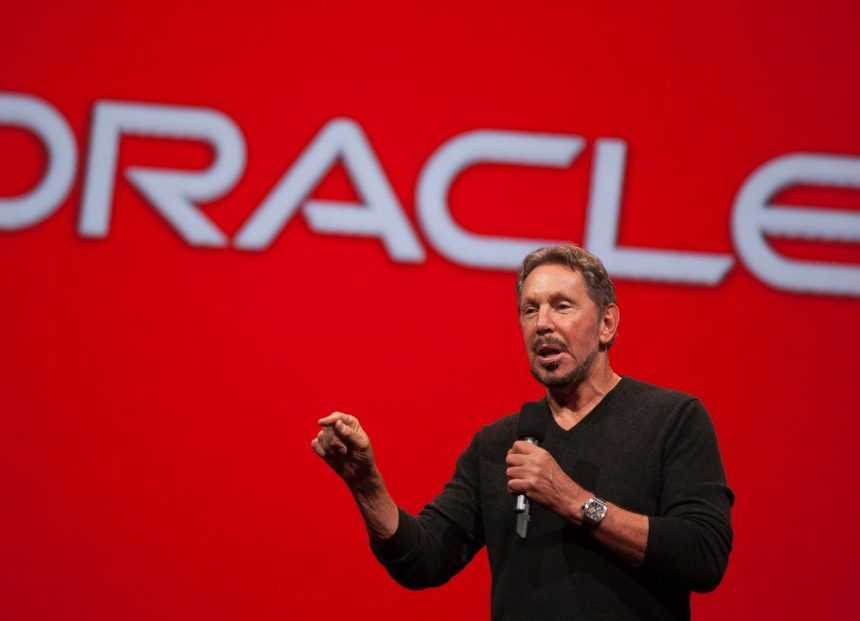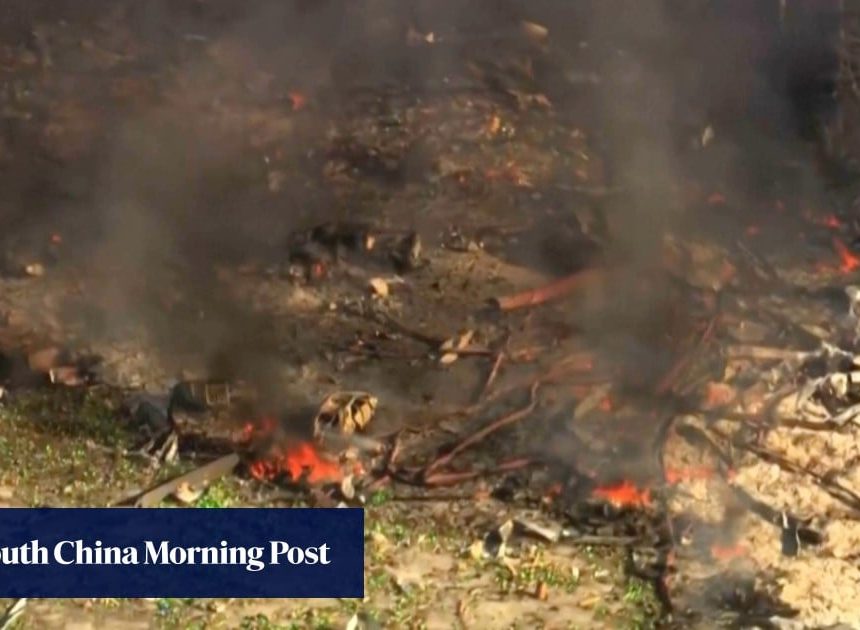I think there’s a particular lens worth using right now. As we watch the Trump administration deploying the National Guard from red states into blue cities, we are watching a rural political coalition militarily occupying urban centers. The Trump administration is doing this while describing these cities as something like enemy territory. They need to be liberated, taken back. “It seems that the ones that are run by the radical left Democrats — what they’ve done to San Francisco, Chicago, New York, Los Angeles — they’re very unsafe places. And we’re going to straighten them out one by one. That’s a war, too. It’s a war from within.” For years, I have been skeptical of warnings that America was at risk of a renewed civil war. There were all kinds of reasons to not take that particularly seriously. But when I see troops being sent into cities over the objections of the people elected in the cities, of the people elected in those states, when I hear them talked about this way, I think you have to take those warnings more seriously now. So how is this possible? It’s possible because of the rural-urban divide. It’s possible because this us-versus-them politics has become so deep. A massive rural-urban divide has opened in our country’s politics. Urban and rural voters used to vote pretty much in lockstep. But then in the ’90s, that split. Urban voters became reliably Democratic, and rural voters became overwhelmingly Republican. At that point, rural Americans are looking at the Democratic Party, and they start to think of it as having a center that is affluent people, wealthy people, people better off than themselves who are running the party and who don’t seem to understand them or their communities, but they’re creating policies that they’re foisting upon them in all sorts of different areas, and they resent it. So that’s when grievance begins to grow. We treat this as an inevitability in our politics, but it is only a few decades old, and our political future and stability might rest on reversing it. Certainly for the Democratic Party, any durable political power rests on reversing it. Now, reversing it isn’t going to be easy, but it begins with understanding it and taking seriously the resentments that fuel it. I think a lot of urban Democrats assume that what’s at play in this rural-urban divide is that rural white people are racist, and what we find is that it’s not reducible to that. They’re seeing that the Democratic Party — they’re viewing the Democratic Party as really prioritizing the needs of people of color in urban communities and immigrants, but not really understanding or caring about rural people who are struggling as well.


